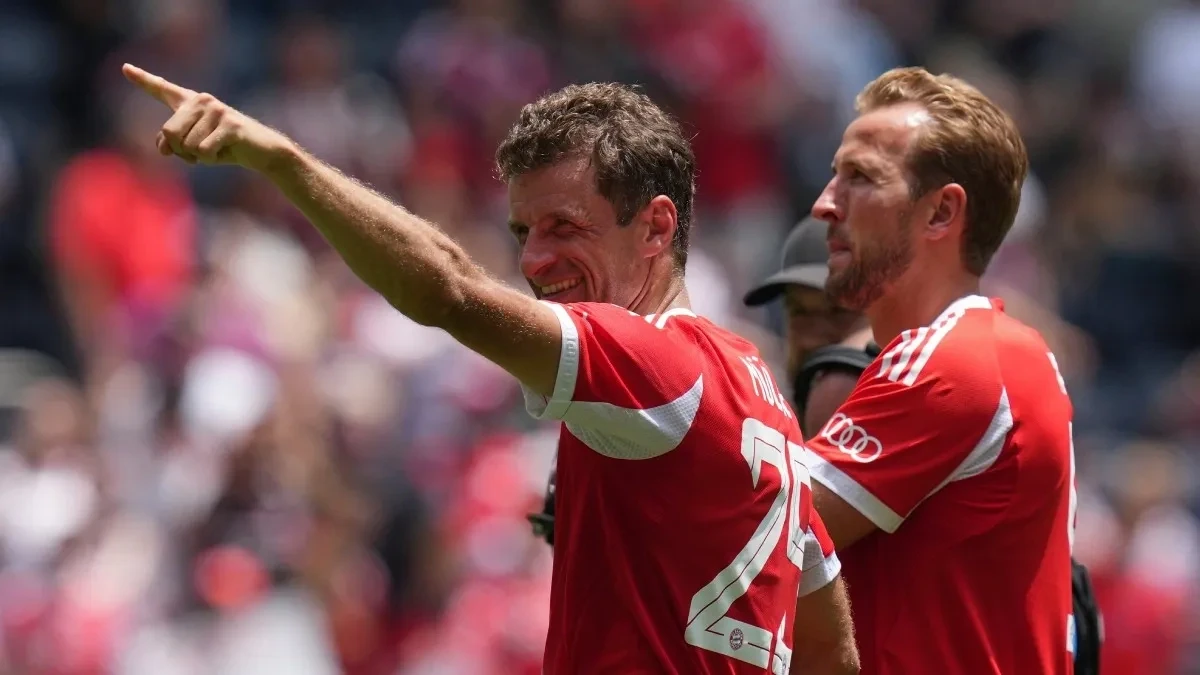Nearly three decades have passed since a German footballer last won the Ballon d’Or, the sport’s most prestigious individual accolade.
In 1996, Matthias Sammer lifted the trophy following Germany’s European Championship triumph and just months before claiming the Champions League with Borussia Dortmund.
Before Sammer, German players had a rich history with the award. Legends like Gerd MÜller, Franz Beckenbauer, and Karl-Heinz Rummenigge had all secured the Ballon d’Or, with Beckenbauer and Rummenigge winning it twice.
Even in recent decades, German clubs and the national team have remained prominent on the global stage – Bayern Munich has won the Champions League three times, and Germany clinched the FIFA World Cup in 2014. Players such as Manuel Neuer, Toni Kroos, and Thomas MÜller have all been pivotal. Yet, the Ballon d’Or has eluded Germany. Why has this happened?
A Lack of Elite Attackers
For almost 30 years, the Ballon d’Or has heavily favored forwards. Since Sammer’s win, only three non-forwards have lifted the trophy, with the most recent being Spain’s defensive midfielder Rodri in 2024.
Germany’s challenge has been producing world-class attacking talent to compete with other footballing powerhouses. During back-to-back World Cups where Germany exited at the group stage, the absence of elite attackers became glaringly evident.
While Thomas MÜller and Toni Kroos have shone internationally, the Germans closest to winning in recent decades were goalkeepers. Oliver Kahn and Manuel Neuer both redefined the position but never finished higher than third – Kahn in 2001 and 2002, Neuer in 2014. Despite Neuer winning the World Cup Golden Glove in 2014, Lionel Messi claimed the Ballon d’Or, with Cristiano Ronaldo ultimately taking the prize.
The Messi-Ronaldo Era
The dominance of Lionel Messi and Cristiano Ronaldo has also played a role. From Ronaldo’s first win in 2008 to Messi’s 2023 triumph, the pair claimed nearly every Ballon d’Or. Luka Modric’s 2018 victory briefly broke their streak, but Messi reclaimed the title soon after.
During this era, players from any nationality, including Germany, struggled to compete for football’s top individual prize.
A New Era for German Football?
The last two years, however, have seen Messi and Ronaldo absent from the final Ballon d’Or shortlist for the first time since 2006, signaling a potential shift. Germany now boasts exciting young attacking talents who could break the three-decade drought.
Bayern Munich’s Jamal Musiala and Liverpool’s Florian Wirtz, both 22, are key players in the Champions League and represent a fresh attacking threat. If Musiala regains his pre-injury form and Wirtz quickly adapts to Premier League football, Germany could soon see a new Ballon d’Or winner – their first in over 30 years.
